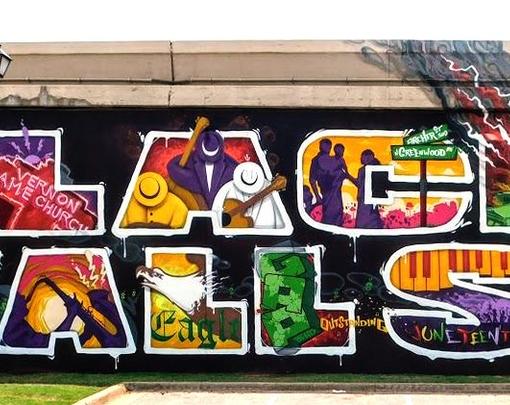In These Times features a key vote in Baltimore that is the latest chapter in a global movement toward keeping public services in public hands.
On November 6, Baltimore became the first major city in the United States whose residents voted to ban water privatization. Nearly 77 percent of voters cast ballots in favor of Question E, which declared the “inalienability” of the water and sewer systems and exempted them from any city charter provisions related to franchising or operational rights.
This vote resulted from an ongoing struggle waged by Baltimore community activists, unions and civic leaders demanding affordable access to water for low-income residents. That struggle emerged in response to concern the city could sell off the community’s water infrastructure to for-profit investors.
The vote is also part of an emerging worldwide movement to fight back against privatization and to municipalize or re-municipalize (put under public control) local enterprises and services. Between 2007 and 2014, the number of privately owned water systems in the United States fell by 7 percent.
Read the full story in In These Times.




